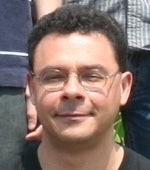
Luis Ibáñez works as Senior Software Engineer at Google Inc in Chicago. Opinions expressed in this site are his own.You can find him in github at: http://www.github.com/luisibanezand in twitter at: http://www.twitter.com/luisibanezHe previously worked as a Technical Leader at Kitware Inc., and Director of Open Source Community Development at the Open Source EHR Agent (OSEHRA). At Kitware he was closely involved in the development of open source software for medical imaging applications, in particular, working with the Insight Toolkit (ITK).Luis is a strong supporter of Open Access, and one of the editors of the Insight Journal, an OA Journal that enforces the verification of reproducibility. In collaboration with other instructors, Luis taught a course on Open Source Software Practices at RPI between 2007 and 2013, and also at the State University of New York at Albany between 2011 and 2014.Luis Ibáñez received a B.S. in Physics from the Universidad Industrial de Santander (Bucaramanga, Colombia) in 1989 and a M.S. in Optics from the same university in 1994. He received a D.E.A and Ph.D. degrees from the Universite de Rennes I (Rennes, France) in 1995 and 2000, respectively. In 1999, Luis Ibáñez joined the Division of Neurosurgery of the University of North Carolina at Chapel Hill and participated as a member of the MIDAG and CADDLab groups. His work at UNC was related to the development of algorithms for 2 and 3D registration applied to image guided surgery. He also participated as developer of the INSIGHT Registration and Segmentation Toolkit sponsored by the National Library of Medicine. Luis Ibáñez joined Kitware, Inc. in February 2002 where he was one of the main developers of the Insight Toolkit (ITK) coordinating its maintenance with other developers and the user community; he is also one of the main developers of the Image Guided Surgery Toolkit (IGSTK) and participated in crafting the operational principles of the Insight Journal. Luis Ibáñez is a strong supporter of Open Access, and the verification of reproducibility in scientific publications and is a regular speaker in ITK training courses, and in events disseminating the principles of Open Source. In August 2014, Luis joined Google Inc as Software Engineer, to work with the corporate engineering team in New York city.

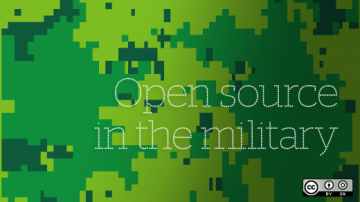
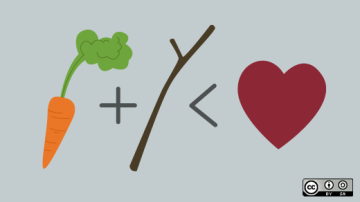

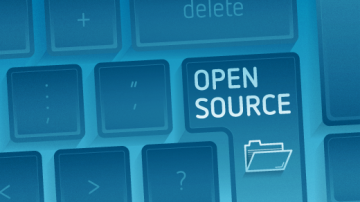
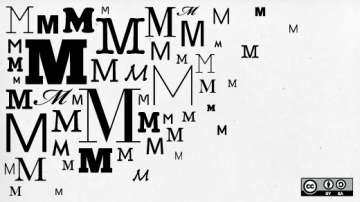
Authored Comments
Mandel,
Thanks for the clarification.
Your point is well taken.
Here is an interesting article on the concepts around Open Hardware:
https://opensource.com/resources/what-open-hardware
As you point out, the Raspberry Pi is not fully Open Hardware, certainly not at the level that an Arduino board is, for example.
In particular, the Broadcom BCM2835 chip has a non-open specification.
However, the schematics of the Raspberry Pi board are open:
* https://www.adafruit.com/datasheets/pi2schem.pdf
* http://www.raspberrypi.org/wp-content/uploads/2012/10/Raspberry-Pi-R2.0…
and quite detailed documentation is openly shared in Github:
https://github.com/raspberrypi/documentation/tree/master/hardware/raspb…
It is clear that quite a lot of effort has been put by the Raspberry Pi team, on making as much information available as possible.
I would be inclined to qualify this as:
1) The Pi is open at the Board level.
2) The Pi is not fully open at the Chip level.
This raises an interesting conversation about what systems are available with a fully open hardware stack, including chip design, and micro-code.
In other words, can we still build a fully open-hardware computer ?
Sorin,
Thanks for the comment.
It is indeed interesting to look back at the origins of some of the terms we used in open source (such as code Jams) and better understand their original context.
I would bet that today's younger generations will certainly appreciate what Miles Davis and Bill Evans were doing, specially once they learn more about how it came to be. Bill Evans moved to New York when he was 26, and the recording of "Kind of Blue" was done when he was 29. Miles Davis was playing professionally when he was 16, and was 32 when recording "Kind of Blue".
Freestyle Rap is a more recent incarnation of improvisation by a younger generation.
It certainly will be an interesting experiment to bring more music events to open source software events. I recall some of them happening at OSCON, and they certainly bring a tribe together... :-)
Here are some examples:
https://www.youtube.com/watch?v=iCsFh_deLMM
https://www.youtube.com/watch?v=yY1FSsUV-8c
https://www.youtube.com/watch?v=MDi5JtS1H-g